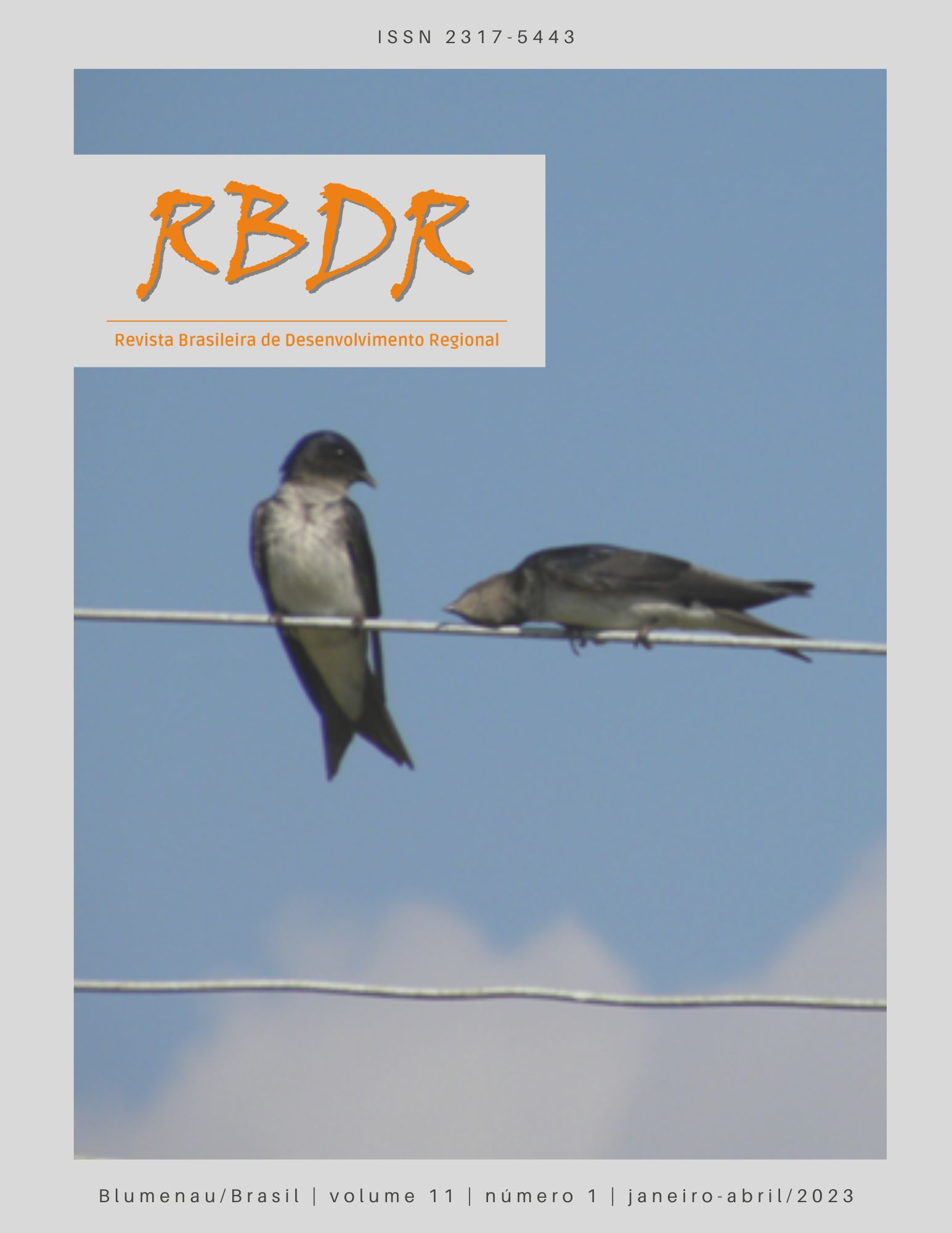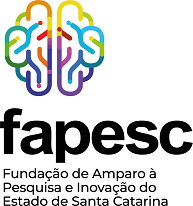PRONAF in Rio Grande do Sul’s fourth Italian immigration colony
DOI:
https://doi.org/10.7867/2317-5443.2023v11n1p269-290Keywords:
Agricultura familiar, Safra, Crédito rural, Commodities.Abstract
The National Programme to Strengthen Family Farming (PRONAF) is not only a milestone in the recognition of family farming, but also a public policy that promotes this social category. This study sought to analyse the distribution of cost credit in the municipalities of Nova Palma and Pinhal Grande between 1999 and 2019. The research was quantitative, descriptive and carried out by means of a bibliographical survey and analysis of secondary data obtained from the official website of the Central Bank of Brazil. The main results are that farmers in Nova Palma and Pinhal Grande accessed R$593.9 million in loans during the period in question. In the first ten years of analysis, in both Nova Palma and Pinhal Grande, the two crops with the highest number of contracts were maize and beans; in the last ten years, they have been soya and maize. This shows that PRONAF tends to encourage the production of commodities. Furthermore, since 2014 there has been a reduction in the resources made available, indicating that PRONAF has behaved in the same way in Nova Palma and Pinhal Grande as it has at national level.
Downloads
Downloads
Published
How to Cite
Issue
Section
License
Os direitos autorais para textos publicados na Revista Brasileira de Desenvolvimento Regional são do(a) autor(a) e co-autor(a/es), com direitos de primeira publicação para a revista. Por aparecerem neste periódico de acesso público, os textos são de uso gratuito, com atribuições próprias, em aplicações educacionais e não-comerciais. A RBDR permitirá o uso dos textos publicados para fins não-comerciais, incluindo o direito de envio para bases de dados de acesso público. Os textos publicados são de integral e exclusiva responsabilidade do(a) autor(a) e co-autor(a/es).
• O(a) autor(a) e co-autor(a/es) autoriza(m) a publicação do texto na revista;
• O(a) autor(a) e co-autor(a/es) garante(m) que a contribuição é original e inédita, e que ela não se encontra em avaliação em outra(s) revista(s);
• A revista não se responsabiliza pelas opiniões, ideias e conceitos emitidos nos textos, por serem de inteira responsabilidade do(a) autor(a) e co-autor(a/es);
• É reservado aos editores o direito de promover ajustes textuais e de adequação do texto às normas de publicação;
• O(a) autor(a) e co-autor(a/es) declaram que o texto não é objeto de quaisquer conflitos de interesse.





